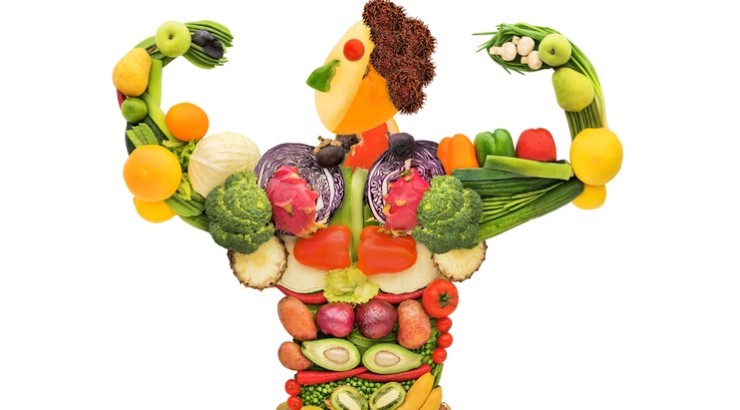
Grasping the essence of intuitive eating can be challenging, especially when you’re just starting out. Lately, there have been some inquiries that clients have posed, and I would like to tackle them today. Dive in for my guidance and advice on your intuitive eating journey.
Intuitive Eating Q&A: Session 2
Lately, on my Instagram, I’ve been receiving many insightful questions regarding Intuitive Eating. If you haven’t done so already, feel free to explore other segments of this series: Intuitive Eating Q&A Session 1, Session 3, Session 4, and Session 5.
The following discussion touches on topics like weight management, how to adopt intuitive eating given certain health issues, and confronting feelings of guilt or shame. If you’re just beginning your Intuitive Eating adventure, take a look at my introductory blog post. Keep an eye out for more Q&As in the future and don’t hesitate to share any questions you may encounter during your journey.
Question: I had this notion that Intuitive Eating might lead to weight loss for me (even though that’s not its primary goal!). I’ve been hoping, maybe against hope, that weight loss might just occur naturally, so it’s been a surprise that my weight remains unchanged.
Answer: It’s entirely reasonable to harbor hopes of weight loss. Unfortunately, we’re part of a culture that valorizes thinner figures, which can be daunting for many. Embracing one’s body and weight is a journey, and not a brief one at that. Start by introspecting why you wish to shed weight. Delve deep into that reasoning. Before we can change our perception of our bodies, we need to truly understand our current sentiments about them. A few aspects to ponder upon:
- Try nurturing your body rather than just accepting it.
- What steps can you take to show your body that you value it?
- Can you whisper to your body, “I want to show you kindness and understanding”?
- Often, our actions towards our body evolve before our emotions and thoughts do. So, the question becomes, “How can I care for my body, reduce self-criticism, and be more nurturing?” What gestures can you make this week to show self-love?
Question: Why should one prioritize Intuitive Eating? Is it purely for psychological wellness, or are there tangible health results?
Answer: Intuitive Eating offers myriad benefits, not just for one’s mental health. Here are some research-supported advantages:
- Enhanced HDL cholesterol levels
- Decreased triglyceride levels
- Reduced emotional and disordered eating tendencies
- Boosted self-confidence
- Positive body image
- Elevated life satisfaction
- Greater sense of optimism and overall well-being
- Superior coping mechanisms
On the contrary, dieting has its pitfalls, such as:
- Obsessing over food and body image
- Cyclical patterns of weight gain and loss, leading to deteriorated health
- Eroded self-worth
- Emergence of eating disorders
- Divergence from genuine health objectives
- Discrimination based on body size, resulting in health care avoidance and inferior medical treatments
Remember, the majority of diets end in disappointment. Moreover, it’s a misconception that weight or weight loss is the sole determiner of health. It’s our habits and behaviors, emphasized in Intuitive Eating, that truly define our wellness. Therefore, Intuitive Eating is my chosen method, focusing on a comprehensive perspective of health.
Question: I thrive on structure. I can keep track of calories without feeling constrained. I give myself the freedom to eat but set a boundary. When I tried intuitive eating, I felt disoriented! I found it hard to trust myself, and after a week, I felt even more guilt-ridden. Is conventional dieting a feasible path?
Answer: The journey of Intuitive Eating demands patience. Unlike diets, which may seem straightforward initially but become burdensome later, Intuitive Eating can be tough in the beginning but eventually becomes second nature. It appears that feelings of guilt and mistrust troubled you. When reintroducing a diverse array of foods, such feelings are typical. It can feel unfamiliar, especially when you’re conditioned to label certain foods as “good” or “bad” or think in caloric terms.
Instead of retreating to familiar, “safe” patterns, it’s essential to confront these unfamiliar emotions. While the initial phase might be extended, spanning a couple of months or more, eventually, this discomfort fades, giving way to a deeper connection with your inner signals, making food choices intuitive and guilt-free. Over time, food decisions will feel instinctive and effortless.



